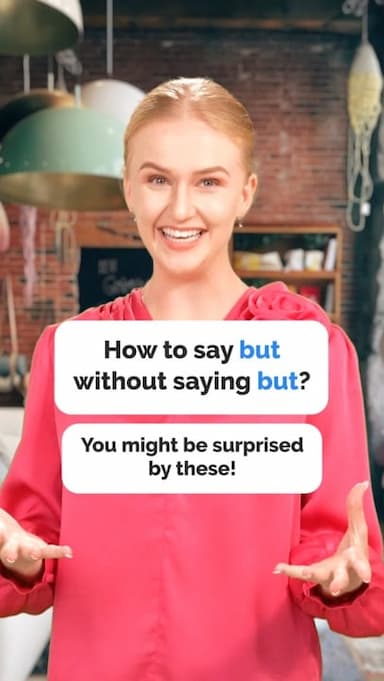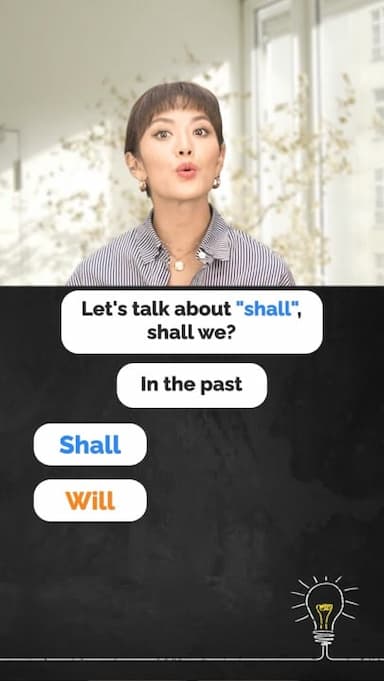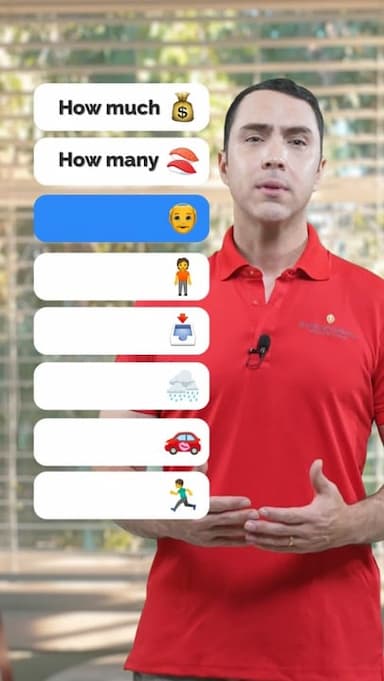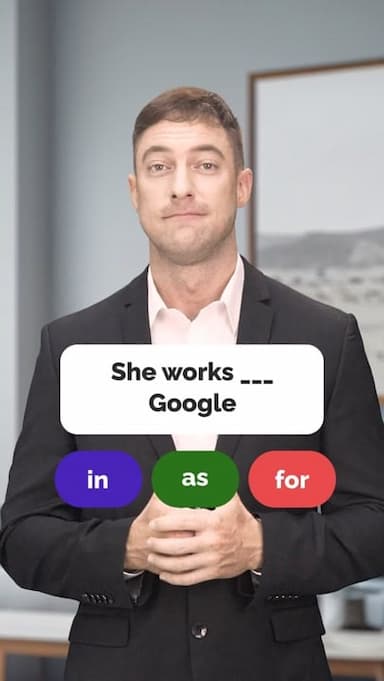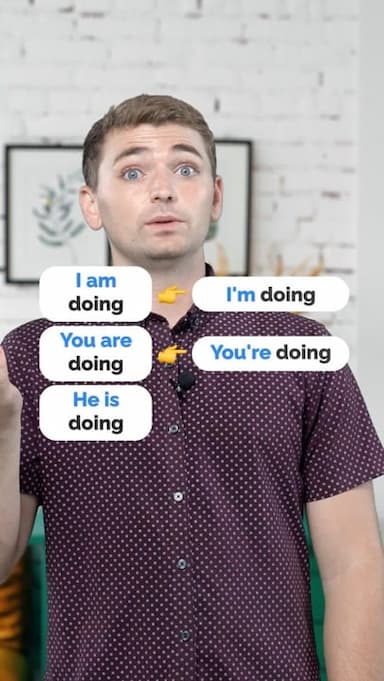If, Unless, Because Explained
Understanding when to use if, unless, and because can make your English sound clear and professional. These three small words have very different meanings, but learners often confuse them.
Use if to show a condition — something that depends on another thing. For example: If the client approves, we can start the project. It means we will only start when the client agrees.
Use unless to express an exception. It’s like saying if not. For example: We can’t start the project unless the client approves it. This means approval is necessary before starting.
Use because to explain a reason. For example: We can start because the client approved. Here, the approval is the reason for starting.
Practice by filling in sentences like: ___ the report is ready, send it to me. Is it if, unless, or because?
Watch the video to test your understanding and comment your answers to practice using these words naturally.
Get the full app experience
Engaging video lessons and fun quizzes to help you ace your English.
Improve your English Level
Improve your pronunciation
Practice conversations
Sharpen your listening Skills
Fix common mistakes in English
Learn Grammar in a fun way
Expand your English Vocabulary
Coming soon to Google Play
© 2023 fluentjoy.com




